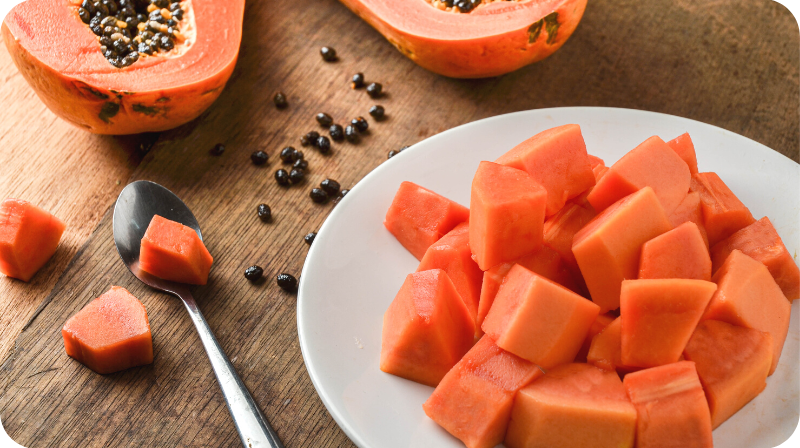Recently, researchers announced they have discovered a link between common proton pump inhibitors (PPIs: antacid medications like omeprazole) and the onset of age-related dementia. The results were a shock to the many people managing the symptoms of gastrointestinal reflux disease (GERD) and other forms of acid reflux. Although labeled only for short-term use, PPIs are often used for life, to manage symptoms in people with severe acid reflux, hiatal hernias, GERD, or a combination. For most, it seemed like a simple change to reduce the risk of esophageal cancer and enjoy a more relaxed and “normal” diet.

The new research comes on the heels of officials finding that another powerful antacid, ranitidine (by the brand name Zantac, among others), created a potentially carcinogenic compound.
These developments have renewed interest in holistic and natural treatments for gastrointestinal acid issues. And that’s where herbal remedies can play a helpful role.
Best Herbs for Digestive Disorders
Be clear that no herb is a cure-all for serious acid reflux or GERD. Those conditions can be exacerbated by physical defects as well as cellular over-production of stomach acid. However, these can have a significant impact on the symptoms, and can help protect—and possibly even repair—stomach and esophageal linings.
- Chamomile. Parts of this lovely flower are used to brew a lightly flavored tea that soothes digestive tract linings and can help you calm down as well. This is due to the tea’s anti-inflammatory properties. However, keep in mind that the tea does not reduce the amount of acid, so it is not going to be as quick-acting as calcium antacid tablets.
- Licorice. Scientists believe that licorice can spur the production of mucus that protects esophageal lining. This mechanism may help protect the tissue from damage, and lessen the severity of heartburn and related symptoms. Purchase deglycyrrhizinated licorice in pill form and take as indicated on the label. Check that the product has been tested by an independent third-party lab.
- Papaya. The enzymes in this tropical fruit aid digestion, making it effective for excess stomach acid due to slow digestion or a full stomach pushing acid up into the esophagus. In many cases, the fruit can actually relieve the feeling of heartburn. You can keep papaya enzyme supplements on hand, but more experts believe fresh or dried versions of the fruit will be more effective in treating acid reflux and related conditions.
Consult your primary caregiver or gastroenterologist before making any changes to your acid reflux regimen. It is also wise to consult with a dietician to develop an acid-reducing meal plan and learn more about how to naturally combat excess digestive acid.







